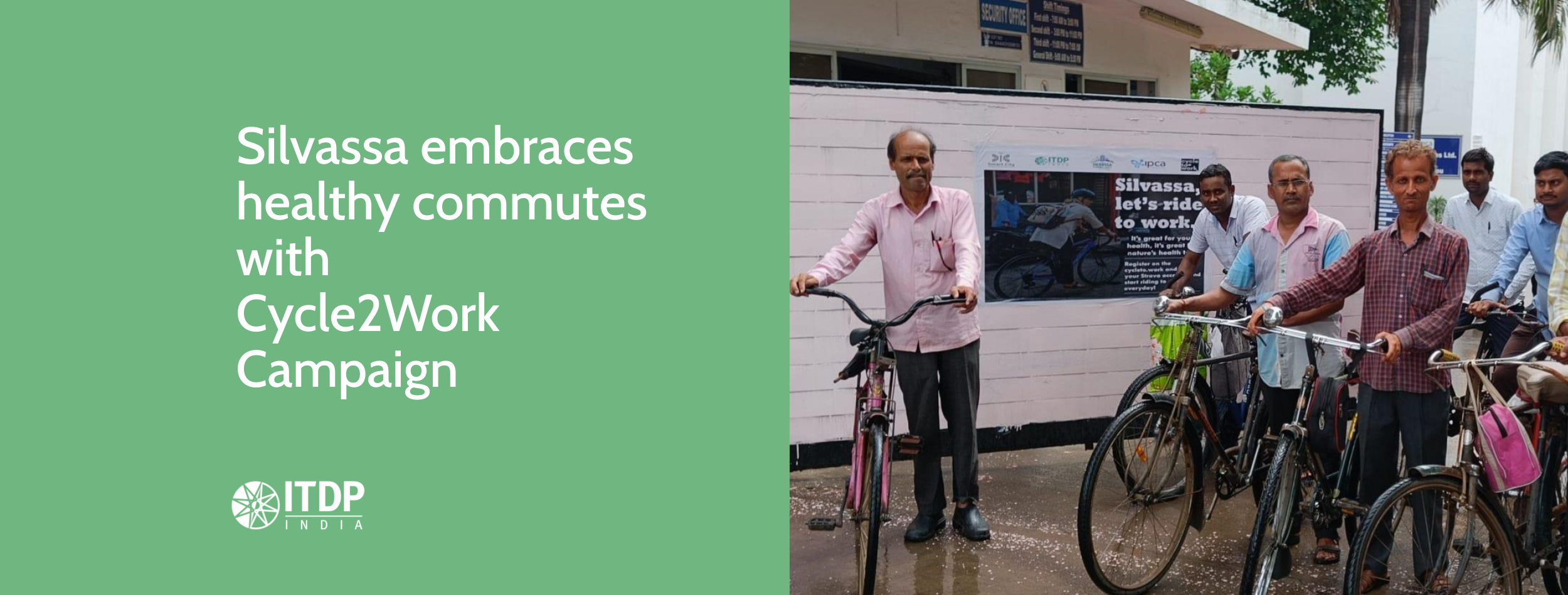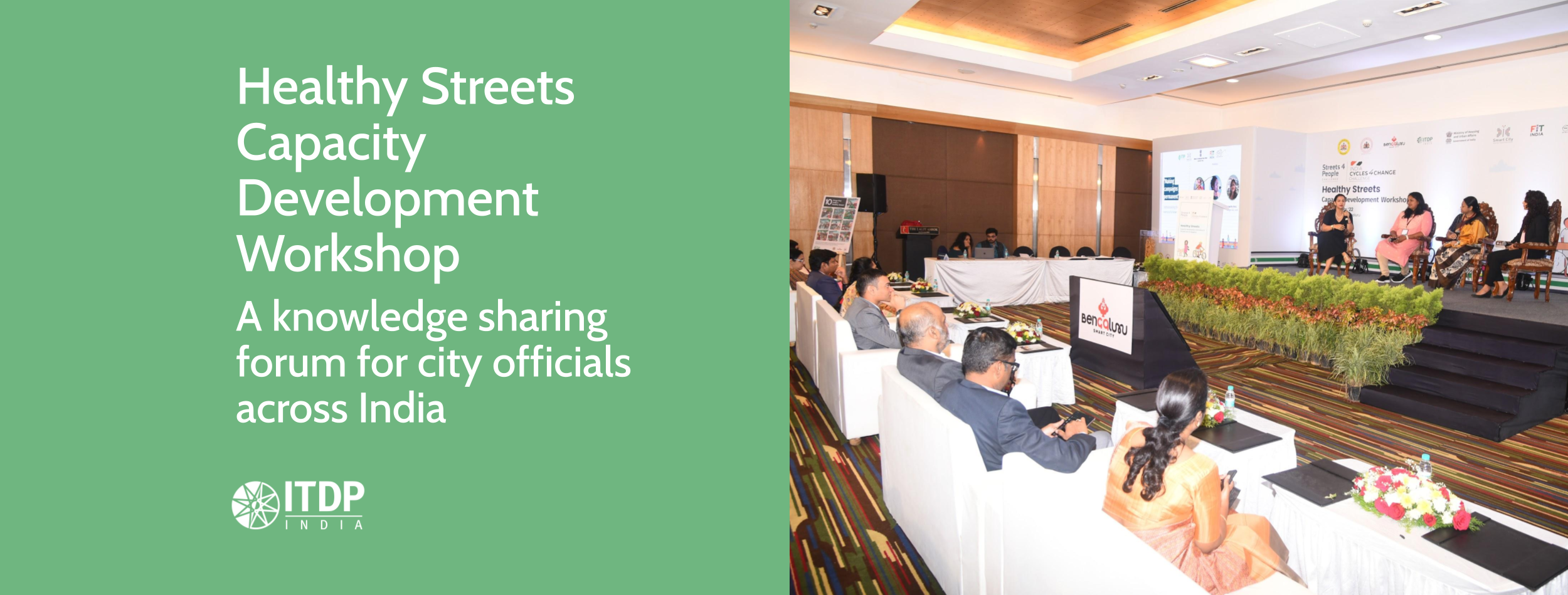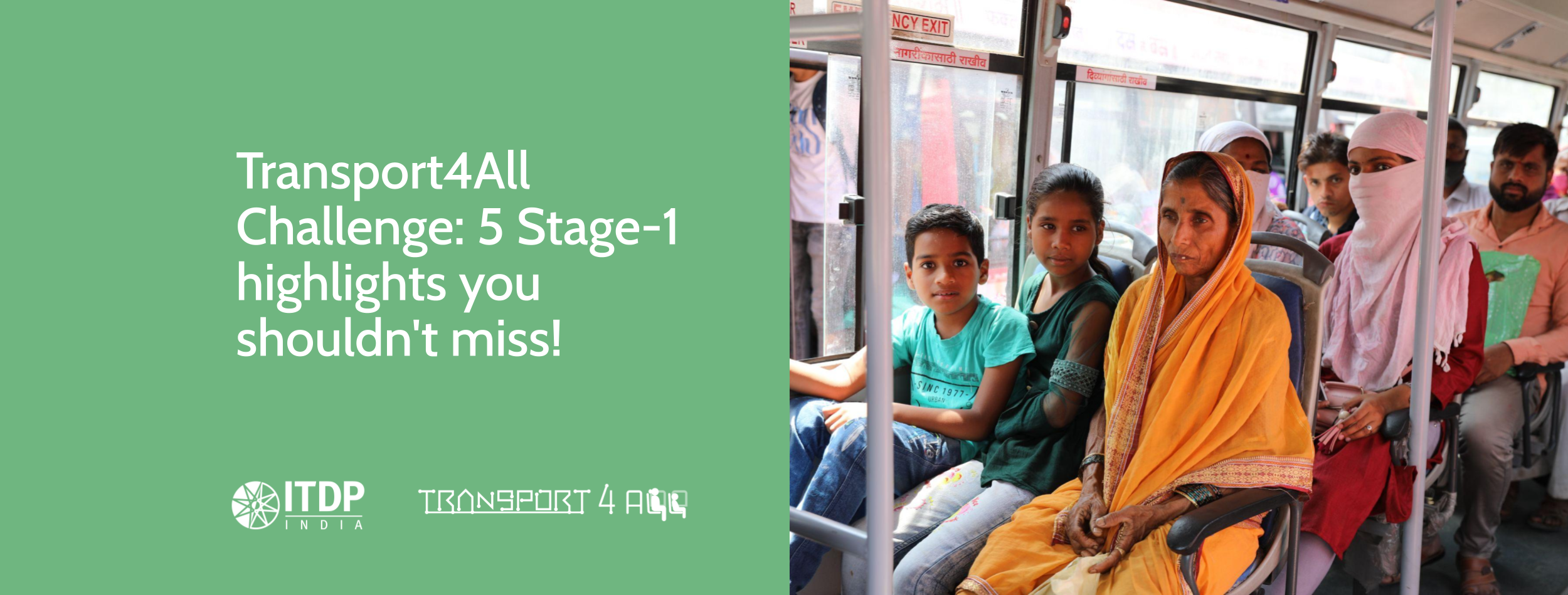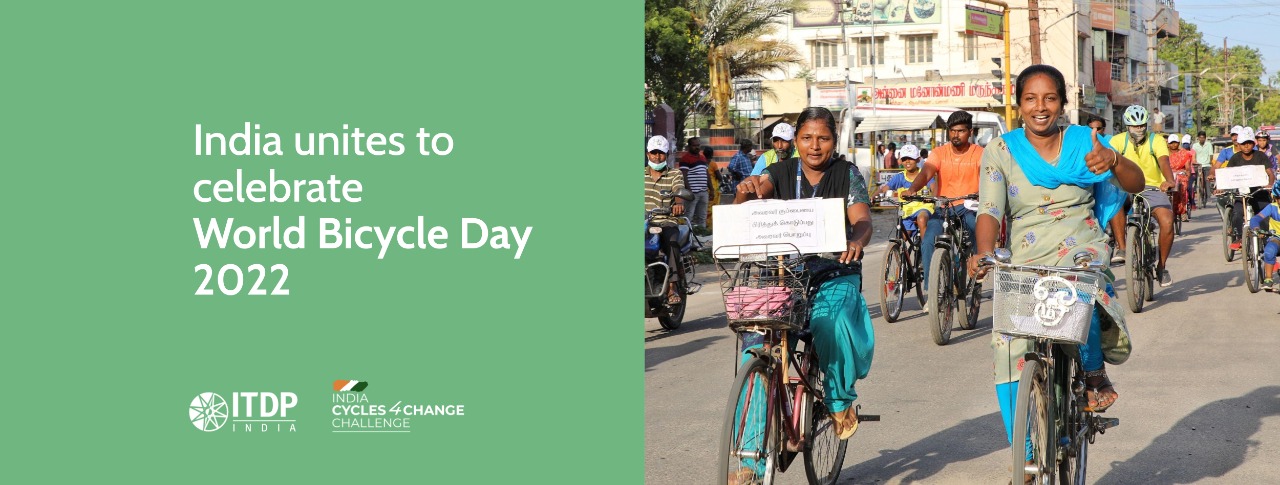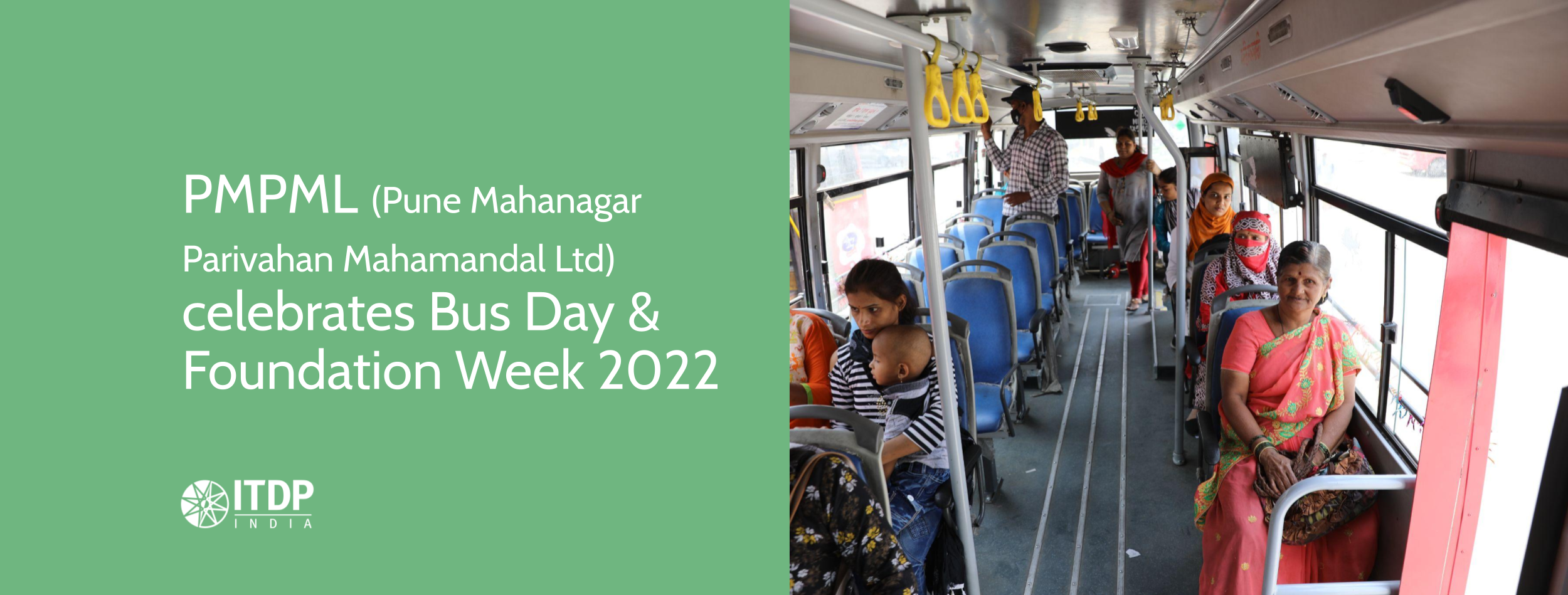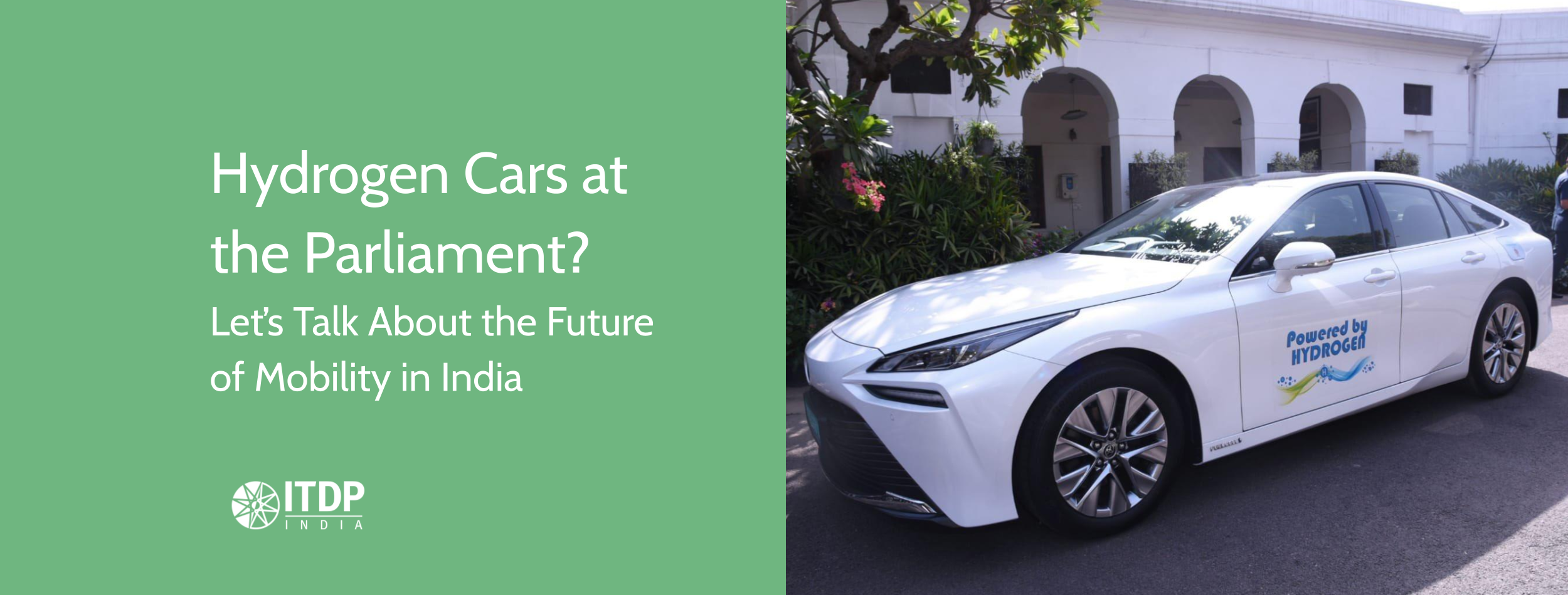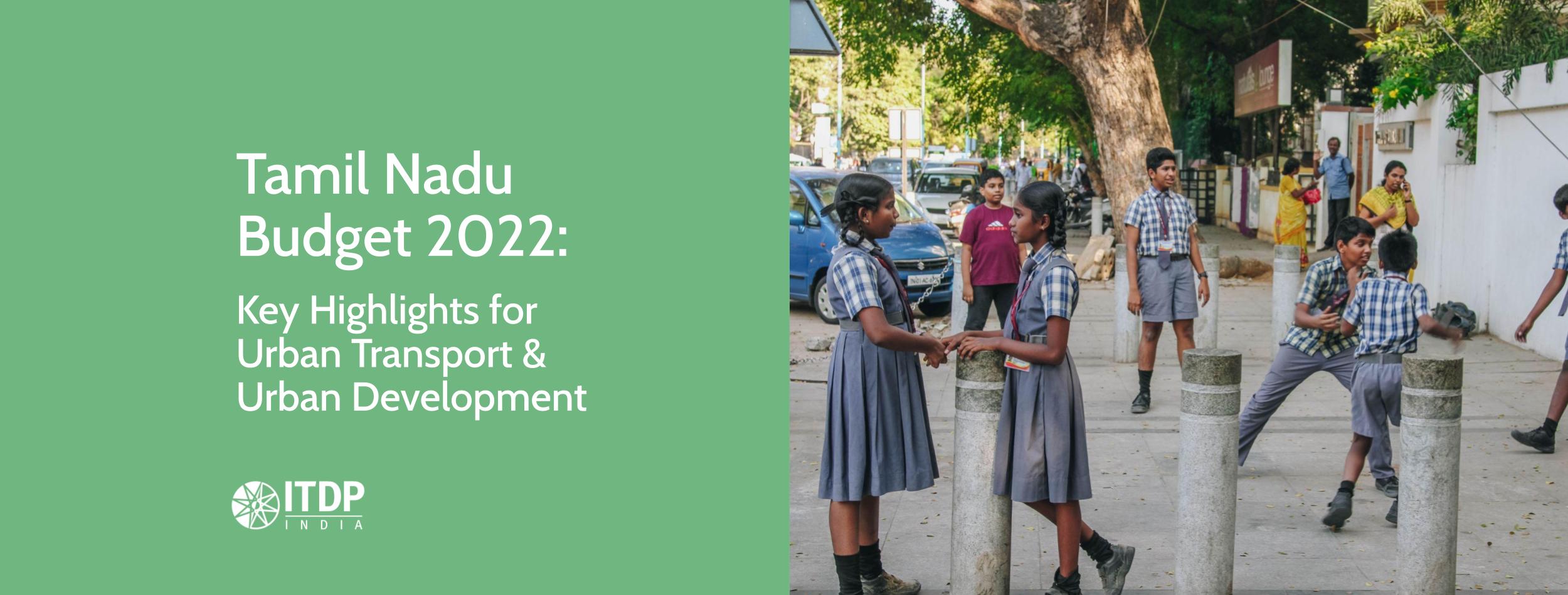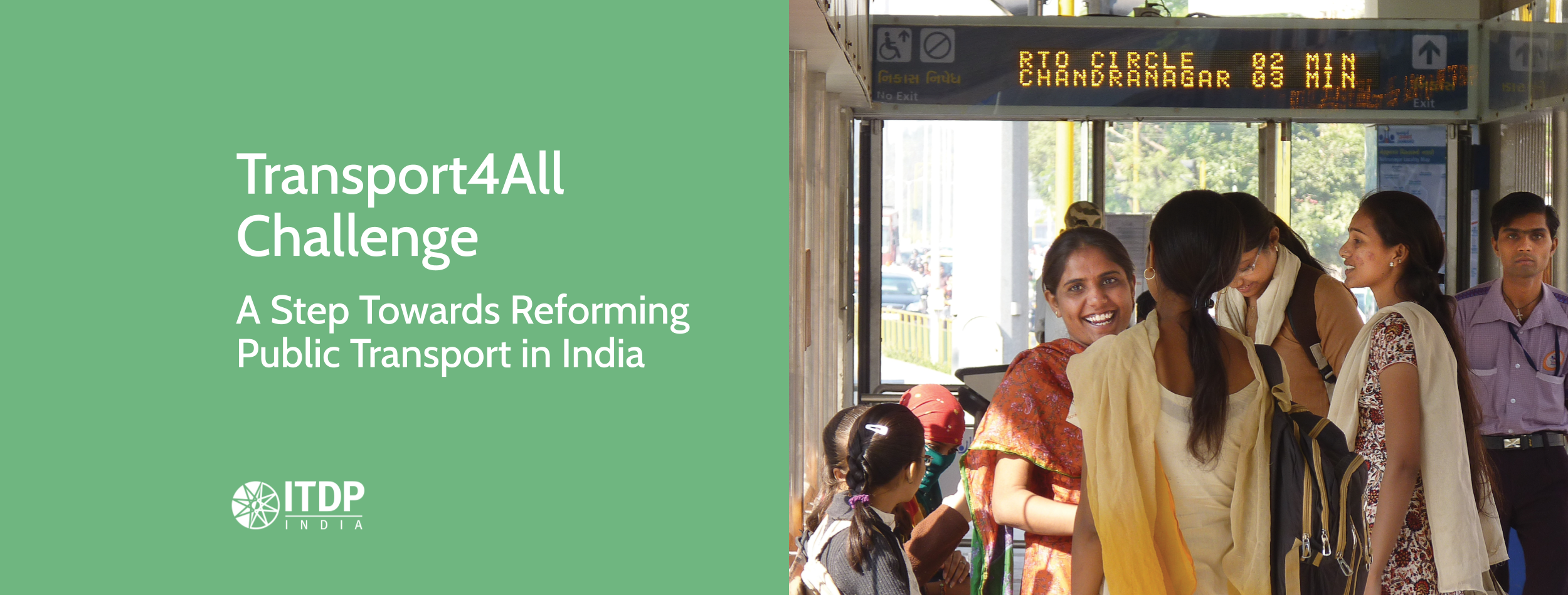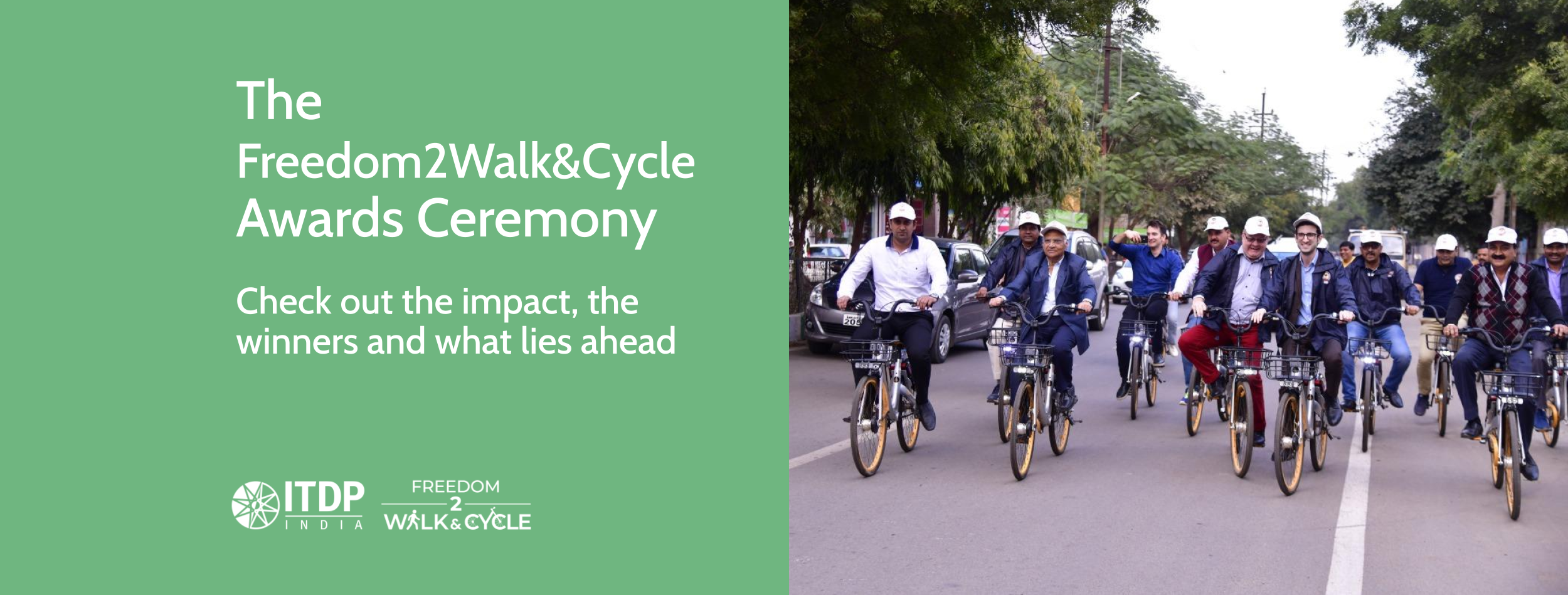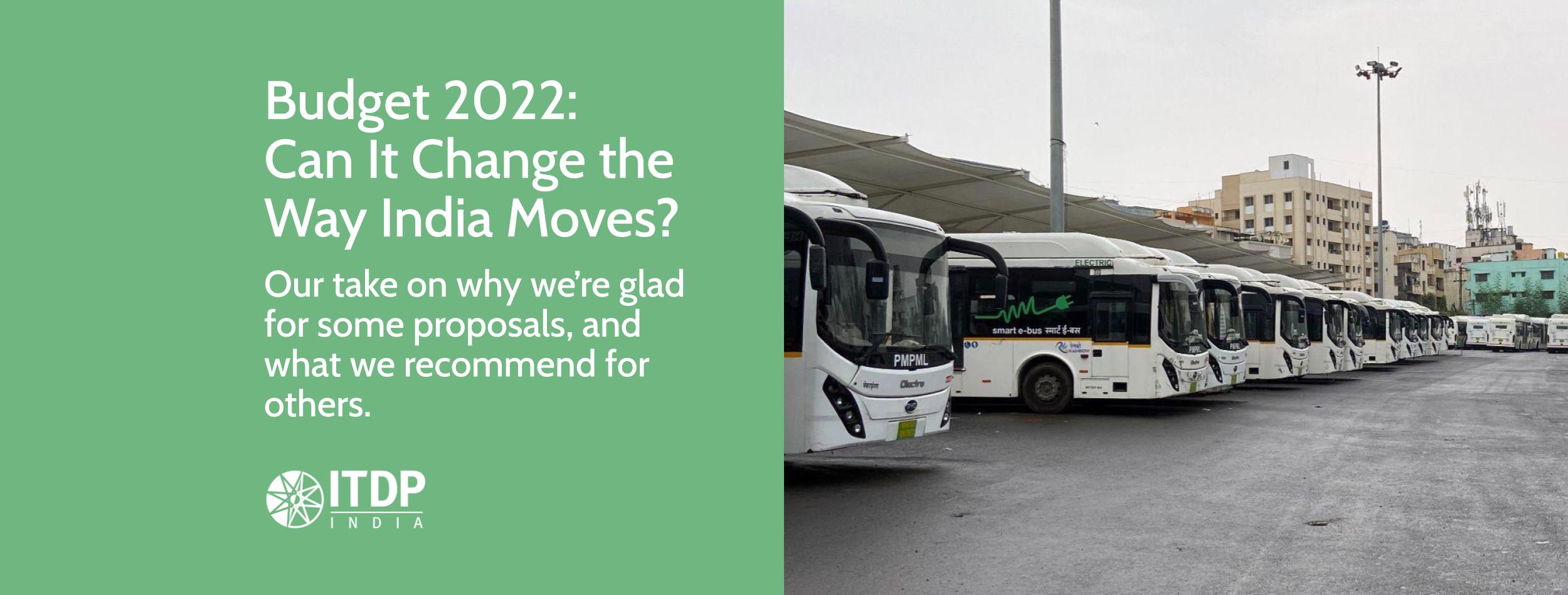To encourage more people to cycle and build a strong cycling culture in the city, Silvassa Smart City Ltd., in partnership with ITDP India and UrbanMorph, rolled out a pan-city Cycle2Work campaign for industries and organisations at a launch event on Thursday, 21st July’22. The campaign calls for employees to reconsider their every mobility choice—to shift from cars and motorbikes, and cycle to their workplace instead, building health while saving the planet. Silvassa’s efforts have inspired many other officials from India to launch Cycle2Work in their cities.
Through repeated positive experience, Cycle2Work has the potential to nudge behaviour change, and ingrain a cycling habit among people.
Opening the event, Ms Charmie Parekh, CEO, Silvassa Smart City Ltd., said:
“Cycle2work is a great initiative for companies to encourage their employees to stay healthy and reduce carbon emissions. Parallelly, we will also improve cycle infrastructure to make Silvassa a cycling city.”
One and half months of testing and learning
Silvassa launched the test phase of Silvassa Cycle2Work on World Cycling Day on 3rd June 2022. Post a successful 45 days of testing and learning with six industries, the test phase concluded, and all industries and organisations in Silvassa are now invited to join the campaign and promote cycling to work amongst their employees.
Silvassa followed a four pronged approach for the test of the campaign: Onboard, Engage, Incentivise, and Monitor

Onboard
To effectively measure the shift in user behaviour and uptake of cycling in the city, there was a need to have a single platform where the cycle2work rides would be tracked. Cycleto.work, an innovative open-source platform created by UrbanMorph, gamifies cycling for commute through a leaderboard. Here, individuals can check how they stack up against others within their company as well as in the city, country, and even around the globe! Currently, more than 450 organisations are registered on the platform.

Cycleto.work shows you:
- How many cyclists from a company have enrolled
- The leaderboard position of the company in comparison to other cycleto.work companies
- Fuel savings
- Carbon offset
- Routes that are used by the cyclists
and several other features!
Engage
Each of the industries appointed “Cycling Ambassadors”—an inidividual who can champion the cause of cycling and can dedicate time towards this initiative. The Ambassadors encouraged their respective teams to sign up on the cycleto.work platform and track their rides. They motivated them through active outreach through posters, emails, and meetings. They also spotlighted stories of the individuals who cycled to work—including those from senior leadership—on social media and on the company websites.

Incentivise
Industries also provided facilities and incentives to keep up the cycling momentum.
Most industries installed cycle parking stands at their premises. Some installed locker facilities to safely store the employee smartphones, as some industries prohibited their usage inside the premises. Other facilities such as showers, changing rooms were also being considered.
Incentives were broadly of three kinds:
1. Milestone-based gifts: Some industries gifted every new registration with a helmet, water bottle, and head light. They also rewarded the cyclists for each milestone they achieved: a t-shirt for completing 200km, a thermos water bottle for completing 400km, and a bag for completing 600km.
2. Money rewards: Some Ambassadors were offered token money to motivate others in the organisation to join as well. One industry also considered an allowance of Rs 500 for those who cycled to work.
3. Certificates and recognition: Industries acknowledged the employees who cycled to work with certificates of appreciation.

Monitor
Progress was regularly monitored on a Whatsapp group with the Industry ambassadors, and through weekly leaderboard updates.
During the test phase, the six industries steadily jumped the ranks of the leaderboard as several employees embraced cycling as their everyday mode of commute. As of July, four out of the six industries were listed in the top 25 rankings.

The impact
Together, the six industries have completed 377 rides, saved 305 litres of fuel, and offset 706kgs of carbon emissions!
We’re excited to see the impact scale up with all organisations and industries in Silvassa joining the campaign.
Way forward for cycling in Silvassa
As the number of cyclists in the city grows, Silvassa must create the right systems to promote and sustain cycling. ITDP India will work with Silvassa on a charting a holistic plan—getting support from all concerned stakeholders (such as the traffic police), creating a cycling network, and ensuring high-quality designs for cycling infrastructure.




